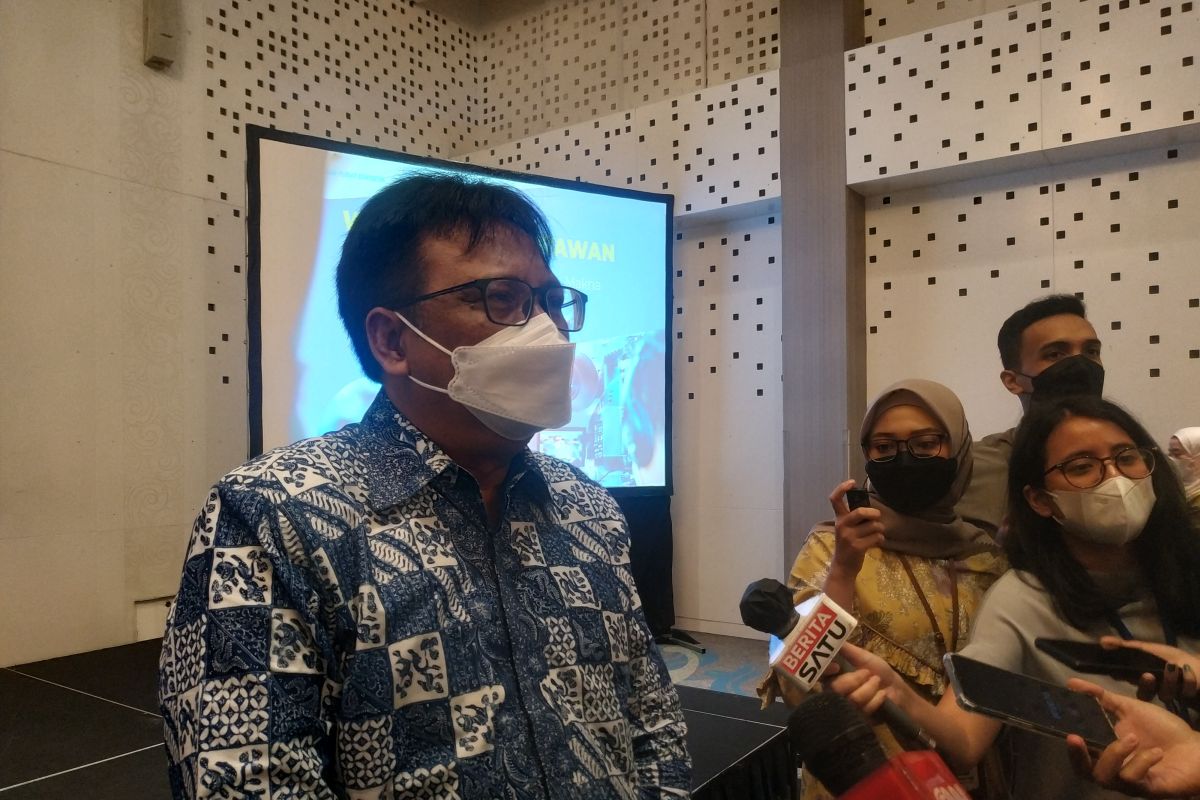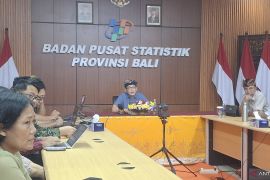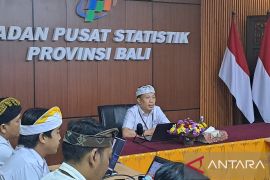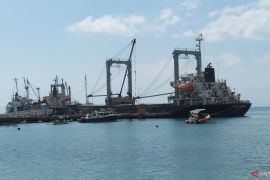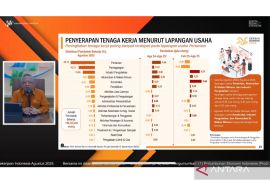"We are fortunate to have low inflation because domestic supply is maintained," Yuwono noted during a media training in Jakarta, Thursday.
Thus, the BPS head assessed that people in the country had never experienced difficulties in getting goods or commodities during the pandemic for consumption.
As a result, inflation can be brought under control, Yuwowo remarked.
In other countries, inflation rates have started to soar, including in the United States and Europe, where the prices of goods and commodities have spiked due to a disruption in the production of goods.
Related news: Inflation under control, manufacturing demand soared: Minister
The COVID-19 pandemic has disrupted the production of goods, he remarked.
"At the producer level in several countries, there has been a high price movement," Yuwono stated.
Nevertheless, he believes that the effect of the surge in international inflation still needs to be studied to anticipate the possibility of a shortage in domestic production.
The BPS noted that inflation from January to October 2021 had reached 0.9 percent (year to date/ytd), while inflation in October 2021 as compared to October 2020 was at 1.66 percent (year on year/yoy).
In determining inflation, the BPS monitors the prices of at least 800 commodities.
Related news: Jokowi projects three-percent inflation rate to be maintained
A researcher cautioned the government to be cognizant of a likely food price hike in 2022, as uncertainty looms large over the planting and harvest seasons owing to the COVID-19 pandemic and La Nina phenomenon.
"Climate crisis posed a challenge for the agriculture industry to satisfy the global needs for food. The uncertainty of the planting and harvest seasons also posed a challenge for Indonesian farmers to process their crops and fulfill daily needs," a researcher for the Center for Indonesian Policy Studies (CIPS) Indra Setiawan earlier noted.
Despite the supply and availability of basic food commodities being stabilised, other imported commodities, such as garlic, sugar, beef, and soybeans, might experience price fluctuations, Setiawan noted.
Citing the strategic food commodity information centre (PIHPS), the researcher pointed out that the price of garlic and beef, both at Rp28,300 (around US$1.98) per kg and Rp113,250 (around US$7.9) per kg in January 2021, had hiked to Rp30,600 (around US$2.1) per kg and Rp120,050 (around US$8.4) per kg by mid-2021.
"The national commodity production and price fluctuations are a reliable indicator to devise a commodity control policy with sufficient accuracy. Moreover, we need reliable food commodity data that would be frequently updated," he noted.
Difficulties in securing beef imports may cause price hikes in early 2022, especially during the Ramadan fasting month and Eid al-Fitr festivity when the demand for beef would surge significantly, Setiawan stated.
Related news: Beware of likely food price hike in 2022: researcher
Related news: Inflation maintained low in nearly all Indonesian regions: BI
Translator: Agatha O, Azis Kurmala
Editor: Suharto
Copyright © ANTARA 2021
